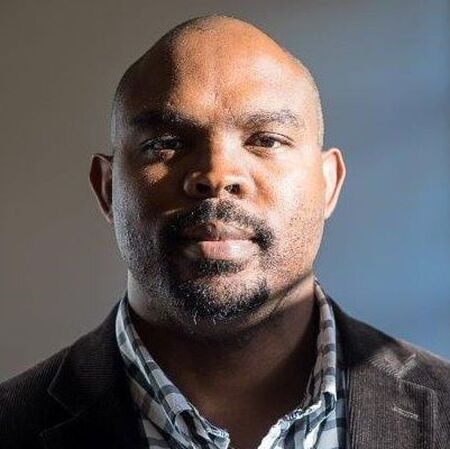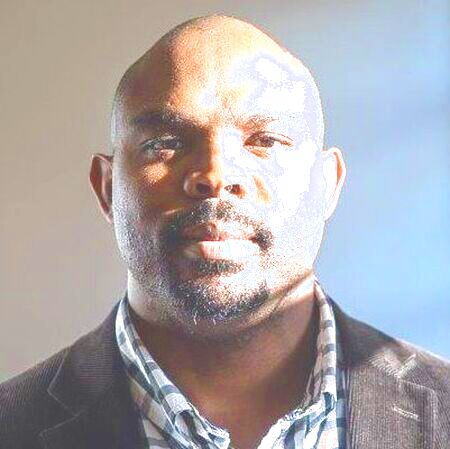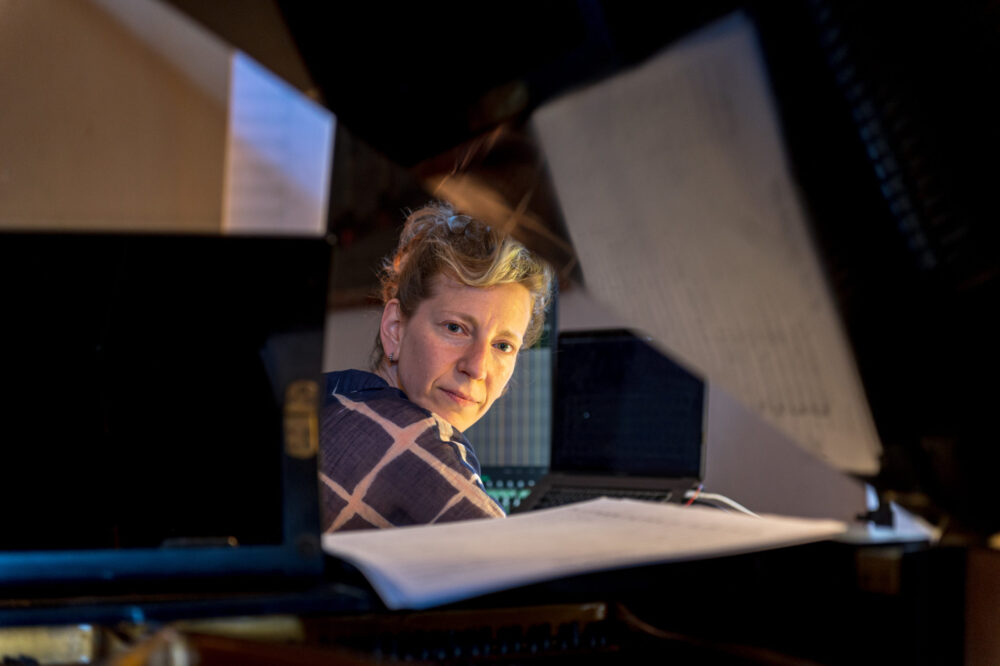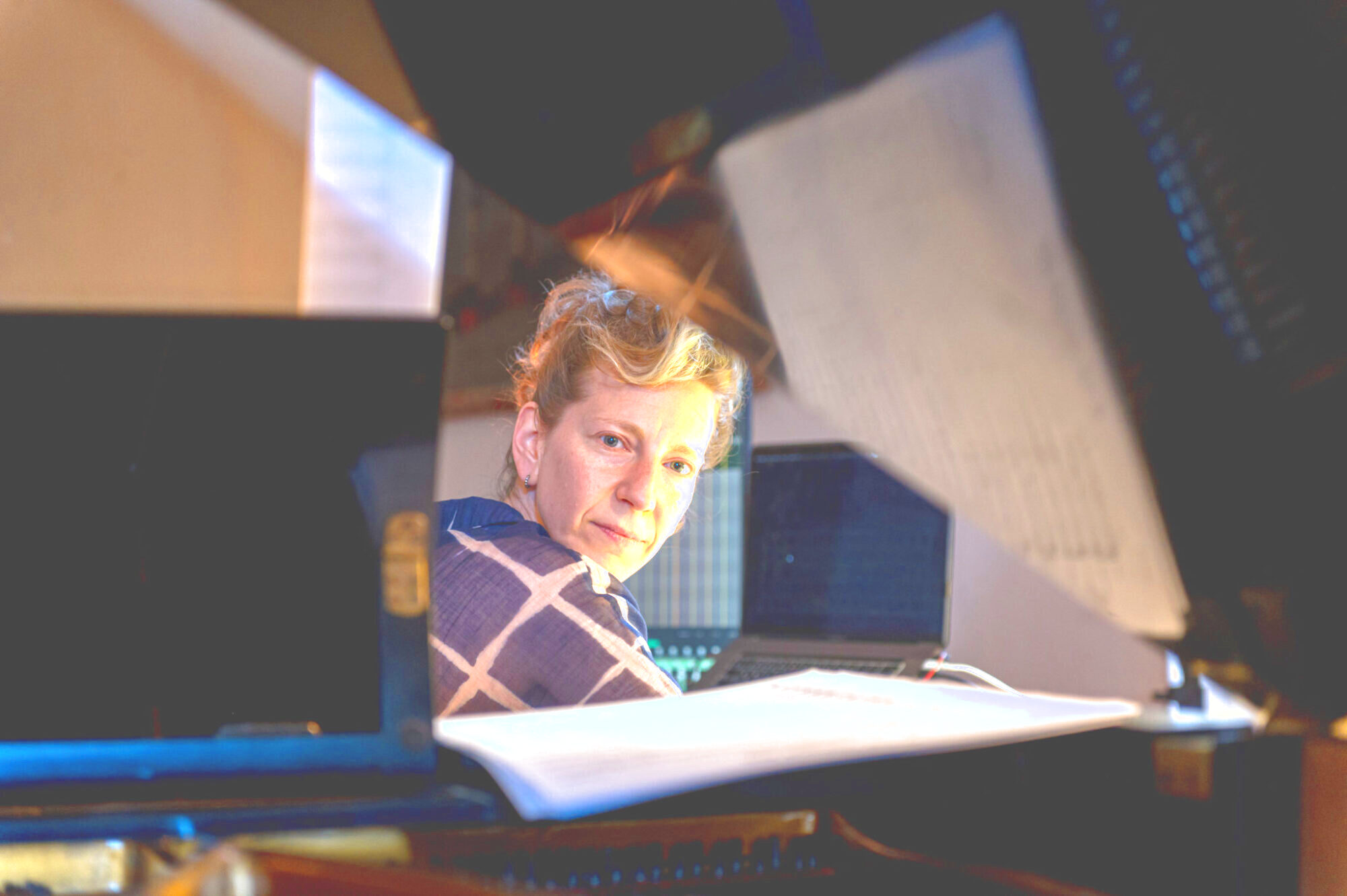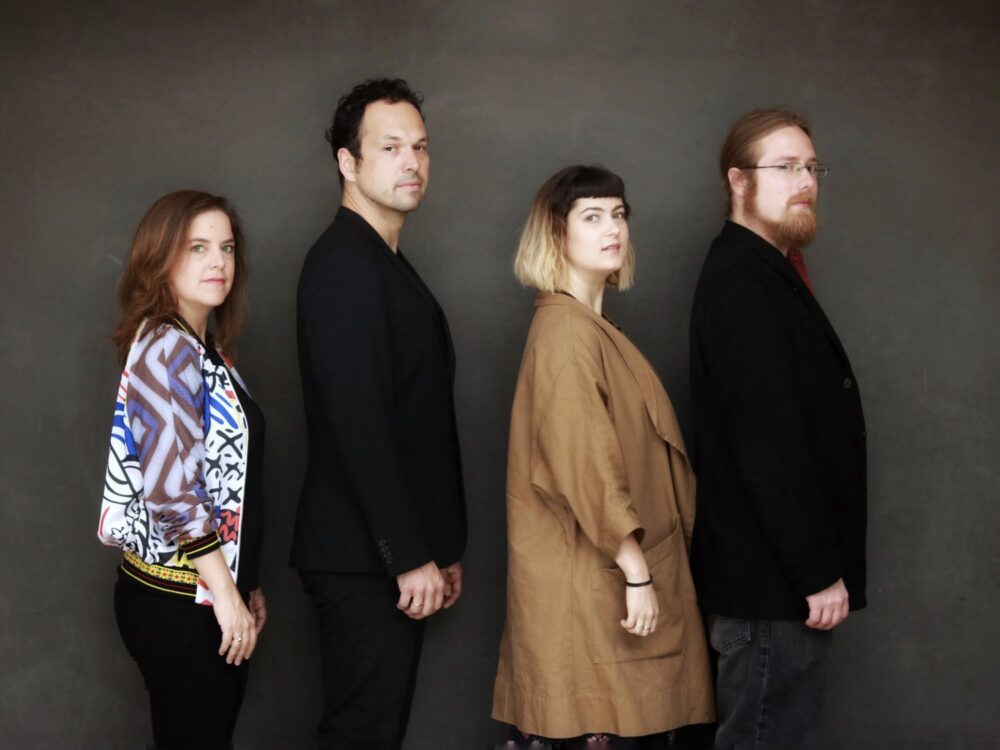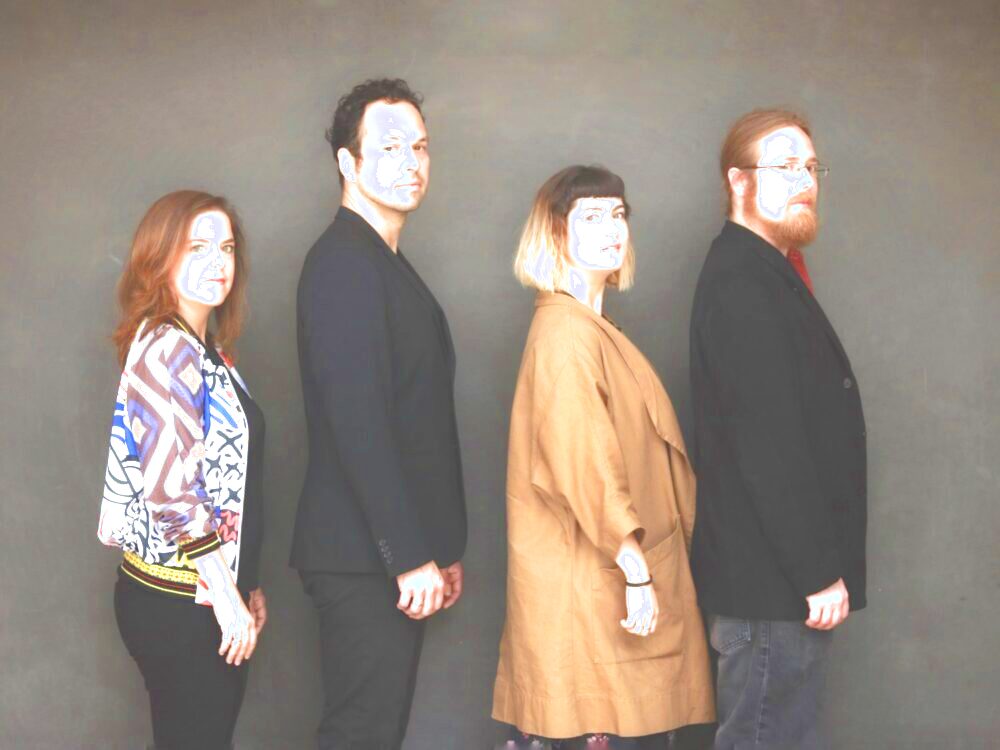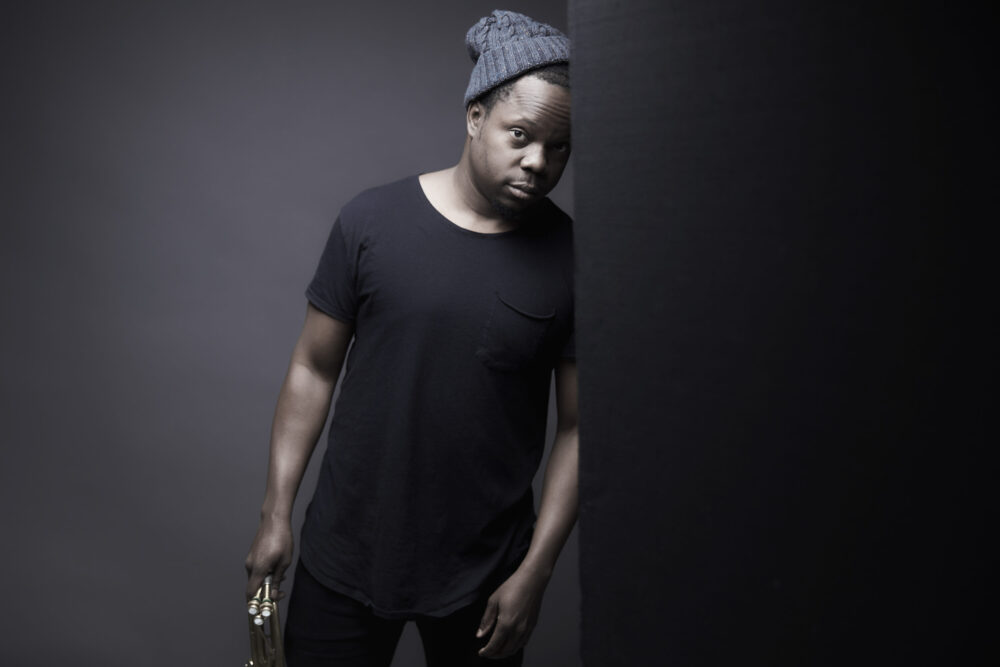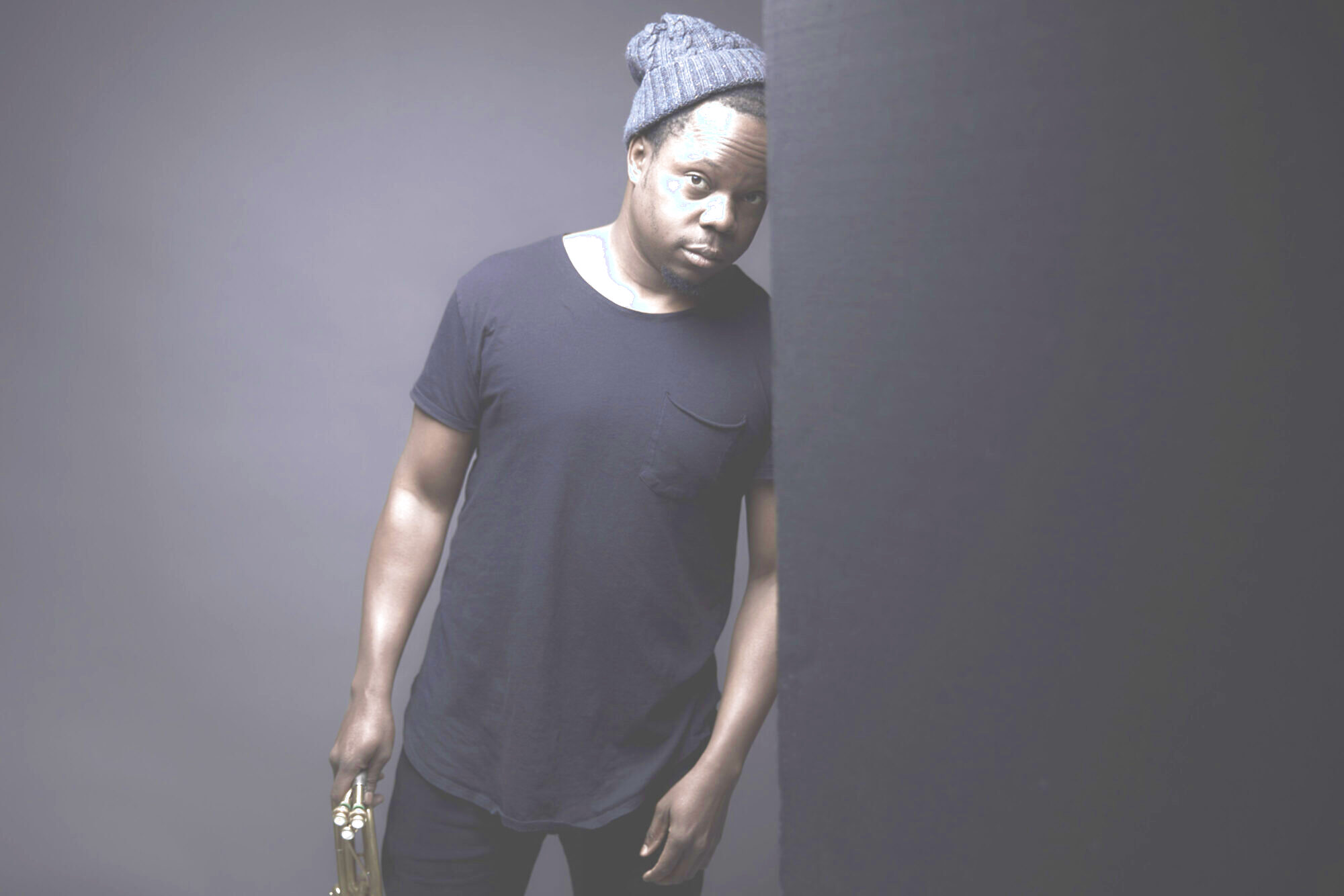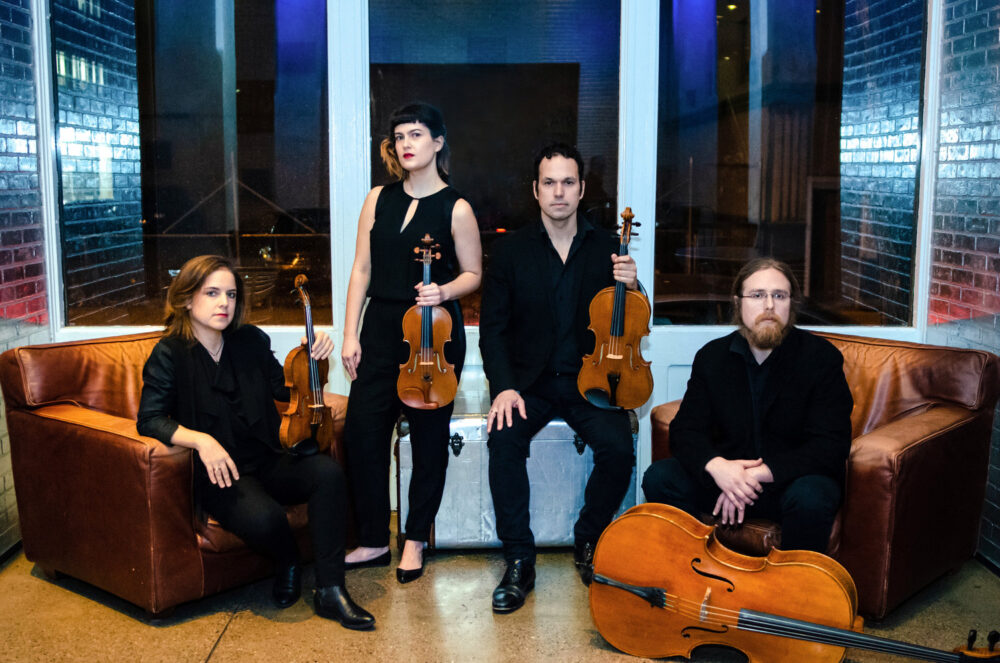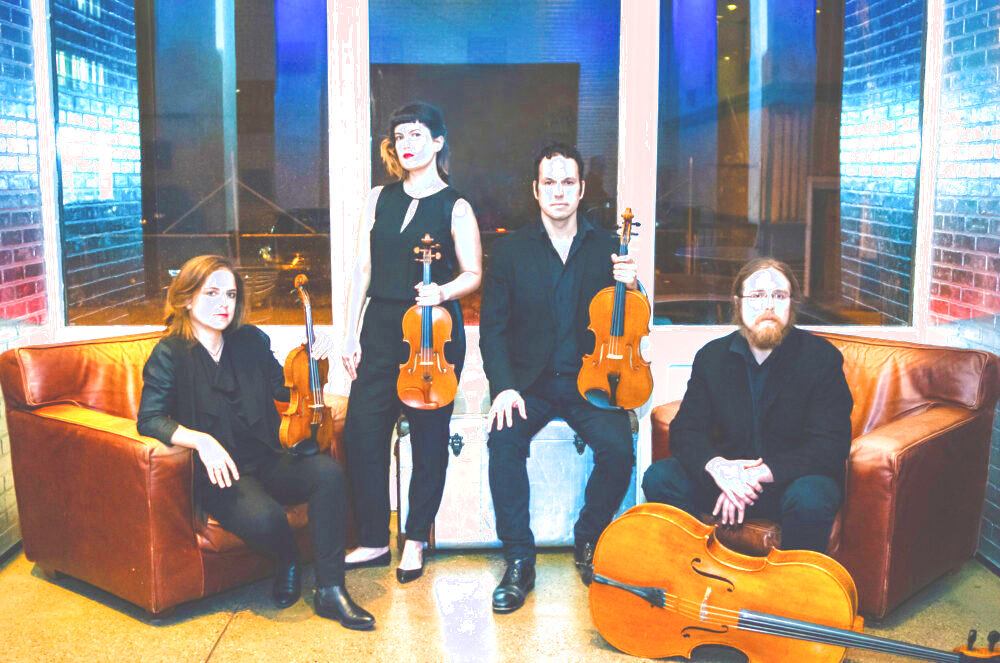Andile Khumalo: Voices from Ancestors
Voices From the Ancestors traces sonic connections between the dead and the living. Through sound, we connect with our historical beings‘ invisible but perceptible bodies and spirits. In African traditions and beliefs, these historical beings become good or evil spirits that affect the present. This depends on how they behaved while still alive, or, more importantly, how they transitioned to the world of the dead from the world of the living. If that transition was brutal and horrific, as some of the victims of domestic violence in my own country have reported, their spirits live in limbo, wherein they do not find rest. This restlessness is reflected in the brutality and bad omens that then surround the living. Voices From the Ancestors depicts the unsettled perceptual states of the living. Andile Khumalo
